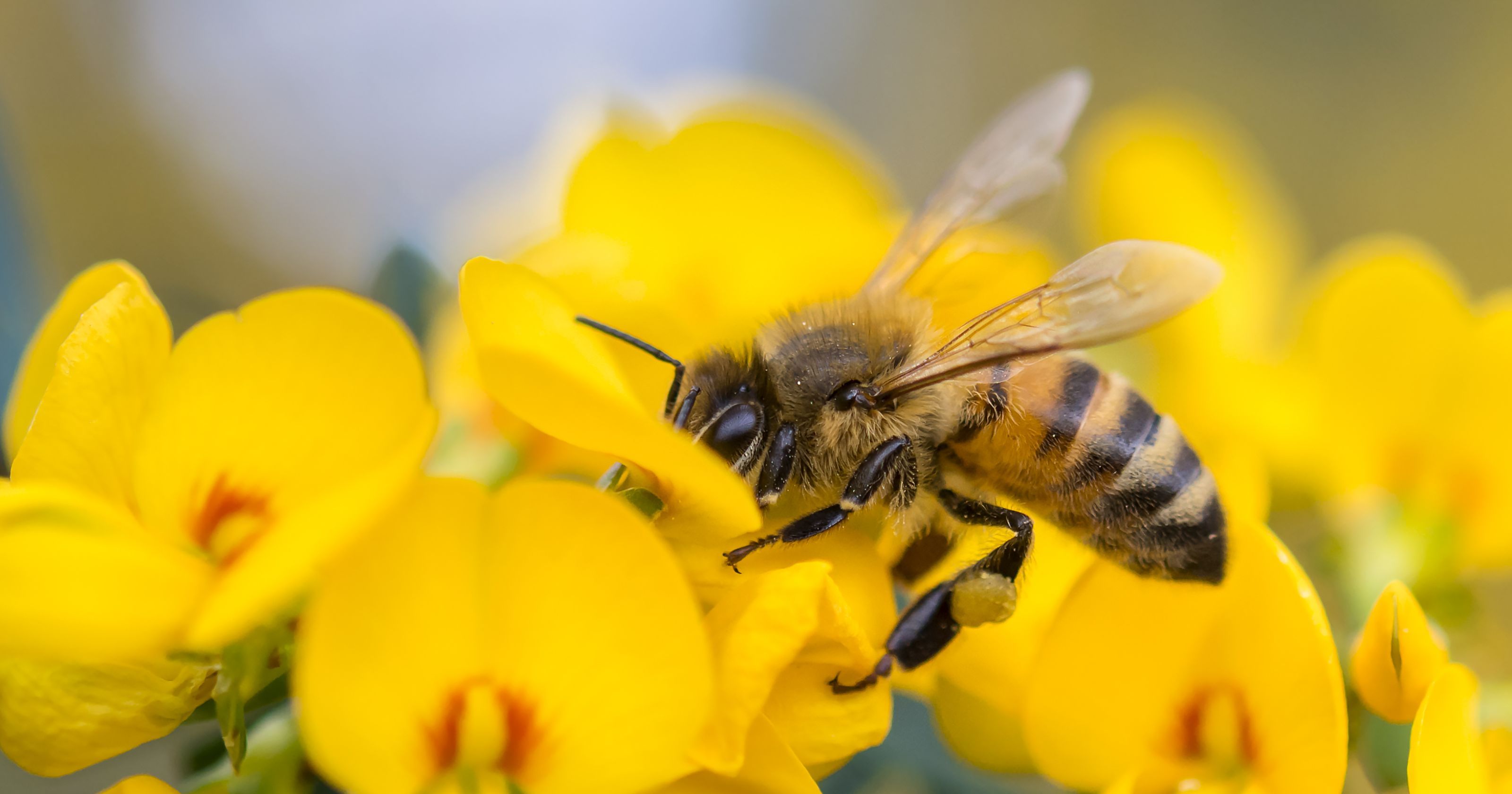11 Dec 2024

Tired Earth
By The Editorial Board

Maybe we are not aware that over a third cross pollination of the food supply rely on bees; Without bees, the global food supply will suffer. For this reason, it’s essential renting some hives from beekeepers by farmers and placing them near the farm or orchard to help pollinate crops or stone fruits, almonds, alfalfa, cherries, pumpkins, berries and so on. There are other animals and insects helping cross pollination, however bees are by far the most necessary and play key role in this field. So we should consider this reality that we have delicious foods on our tables due to these tiny and blessing insects.
But the tragic aspect of bees is that a large amount of bees is disappearing and with fewer bees, it will be devastating and impossible to survive. Beekeepers of the US were the first ones sounded the alarm about disappearing bees in 2006. Seemingly healthy bees were simply leaving their hives and didn’t return. Researchers are calling the mass disappearance researchers named this mysterious event “Colony Collapse Disorder”, and they estimate that nearly one-third of all honey bee colonies have vanished in the United States.
Although no one don’t can agree on the causes of the collapse, however According to many Researchers there are many factors impacting on colony collapse disorder such as parasites like harmful mites, pesticides and harmful herbicides uses by farmers and gardeners, global warming that causes flowers to bloom earlier or later than usual and habitat loss of bees.
The important role to save bees and other pollinators, rely on Policy makers. They must take effective steps to make this dream comes true. They must ban or at least limit using harmful chemicals like herbicides and insecticides. Farmers also must be aware of losses of the herbicides. Allocating enough funds for fruitful researchers for CCD is the another way to discover the major causes. avoiding pesticide usage around your home, leaving hives and colonies alone, and providing shallow dishes or plates of water for bees to drink are highly recommended by experts. You can also contact a professional beekeeper to remove hives and colonies that pose a danger to you and your family/home, or that are in danger themselves. Planting bee-friendly plants with bright colors around your home and garden is also recommended, and is also the most common way of helping bees. creating a bee-friendly garden and buying and consuming more organic foods are the other tips. Purchasing Organic foods, are not treated with any pesticides, impact on Limitation or elimination of pesticides creates and helps to build a safer environment for the bees and other pollinators. When you support local organic products, you encourage farmers to less the usage of pesticides and make it more attractive financially for other farmers to avoid harmful chemicals and save more bees.
Helping bees, helps our wellbeing and surviving in this world. It is obvious that the whole nature is joined together so try to make it a win- win situation for everyone.
Bee Pollen, honeybees, Bees, Honeybees, Honey Bees, Colony Collapse Disorder
Comment